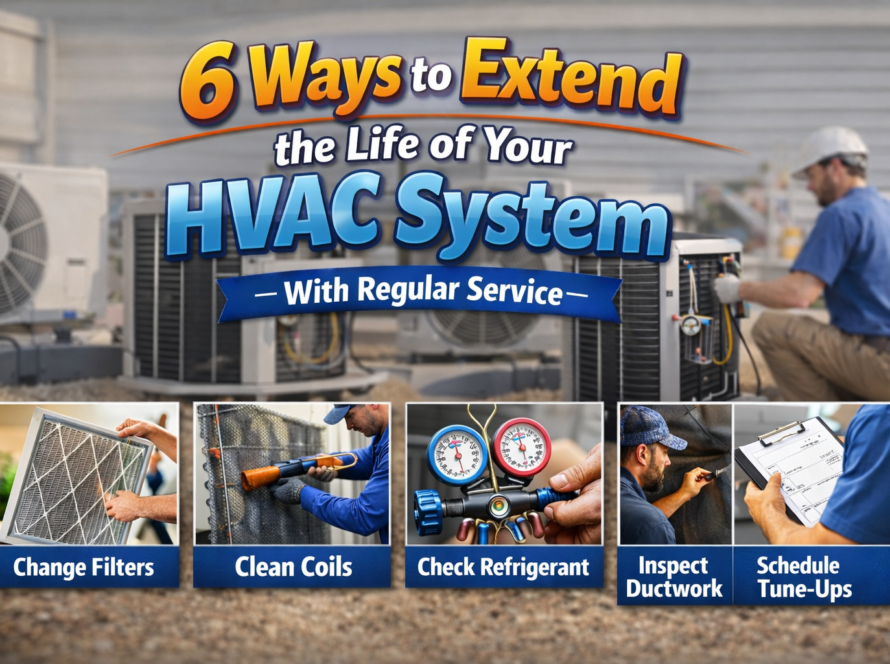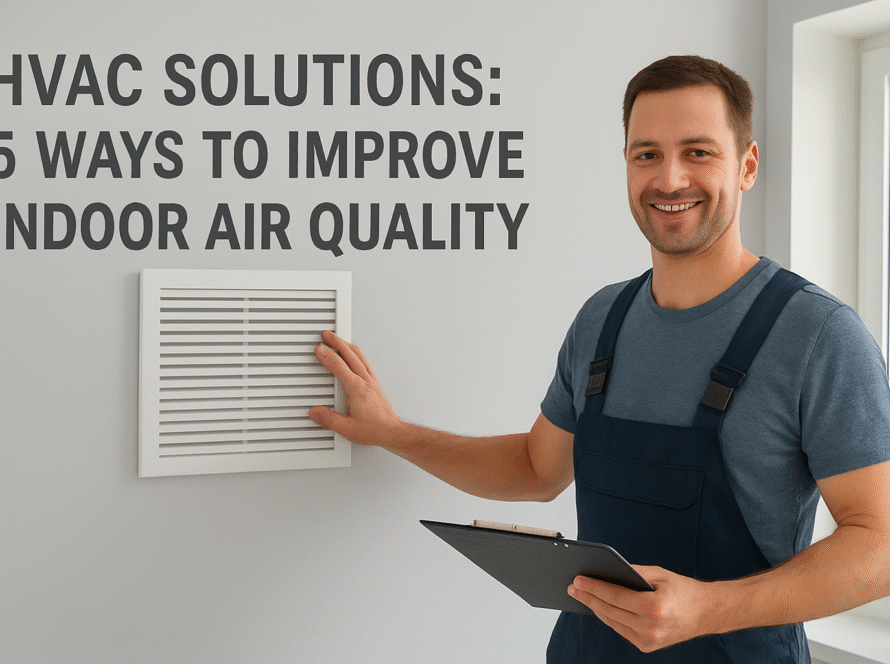Introduction
In the HVAC industry, certifications are essential for ensuring safe, reliable, and environmentally responsible service. The EPA 608 and OSHA certifications are two of the most critical qualifications for HVAC technicians. This article explores what these certifications entail and why they’re essential for quality HVAC service.
What Is the EPA 608 Certification?
The Environmental Protection Agency (EPA) requires HVAC technicians who handle refrigerants to be certified under Section 608 of the Clean Air Act. The EPA 608 Certification ensures that technicians are trained to handle refrigerants safely, minimizing environmental impact.
Types of EPA 608 Certification:
- Type I – For servicing small appliances.
- Type II – For high-pressure systems.
- Type III – For low-pressure systems.
- Universal – Covers all types of systems.
Having an EPA 608 certified technician ensures compliance with environmental laws and the safe handling of refrigerants, which is essential for reducing harmful emissions.
What Is OSHA Certification?
The Occupational Safety and Health Administration (OSHA) certification focuses on workplace safety standards, ensuring that technicians are knowledgeable about safety protocols. OSHA-certified HVAC technicians are trained to handle potential hazards, reducing the risk of injury and maintaining a safe environment for both workers and clients.
Why These Certifications Matter
- Safety Assurance
Certified technicians have the training to handle hazardous materials and tools safely. This protects not only the technician but also the property and occupants. - Environmental Responsibility
EPA 608 certified technicians follow strict protocols for refrigerant handling, reducing greenhouse gas emissions and supporting environmental sustainability. - Reliable Service
Certified technicians are trained in best practices and industry standards, providing you with reliable, high-quality HVAC service that you can trust. - Compliance with Legal Standards
Both certifications are legal requirements for handling specific HVAC tasks. Hiring certified technicians ensures compliance with federal and state regulations.
By choosing a certified HVAC provider, you can be confident that the service you receive is safe, responsible, and reliable, benefiting both your property and the environment.


